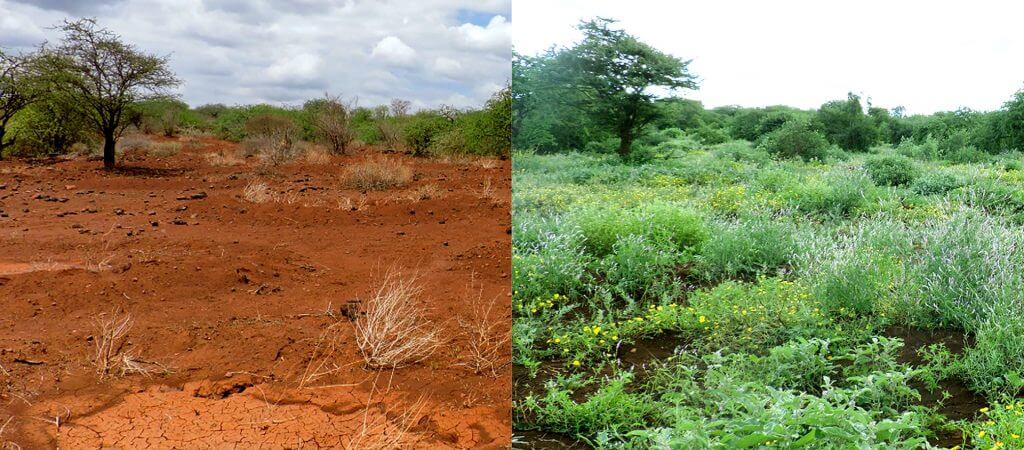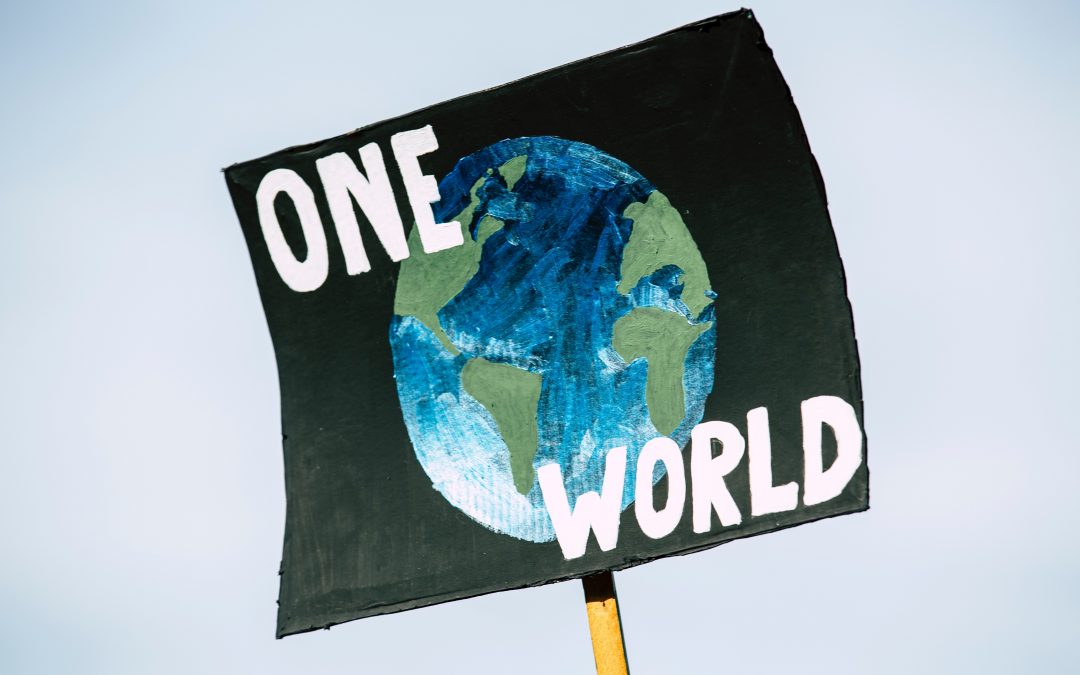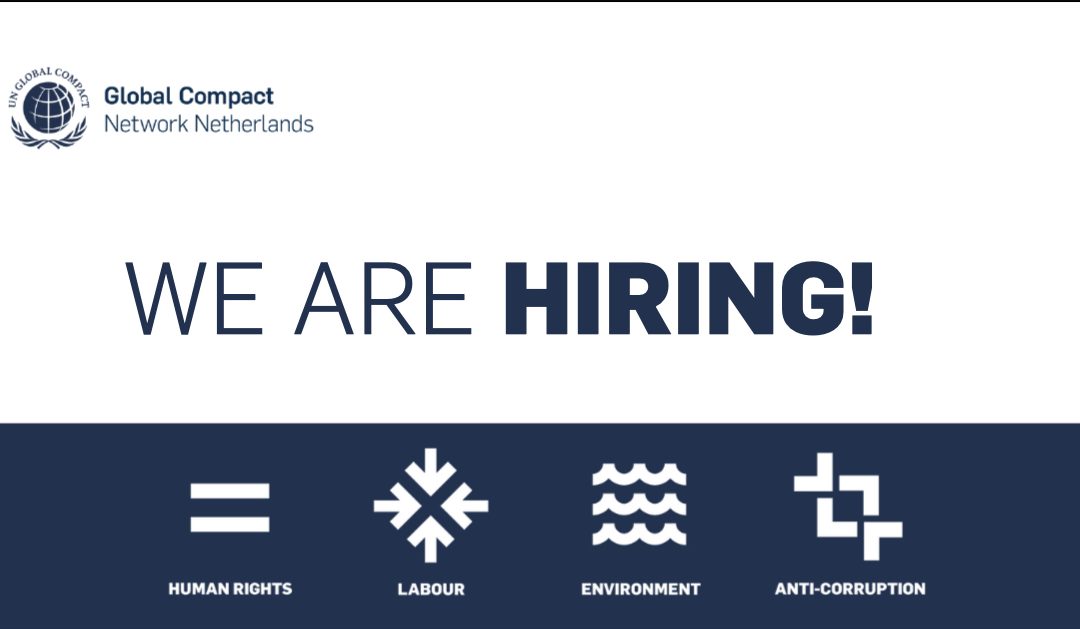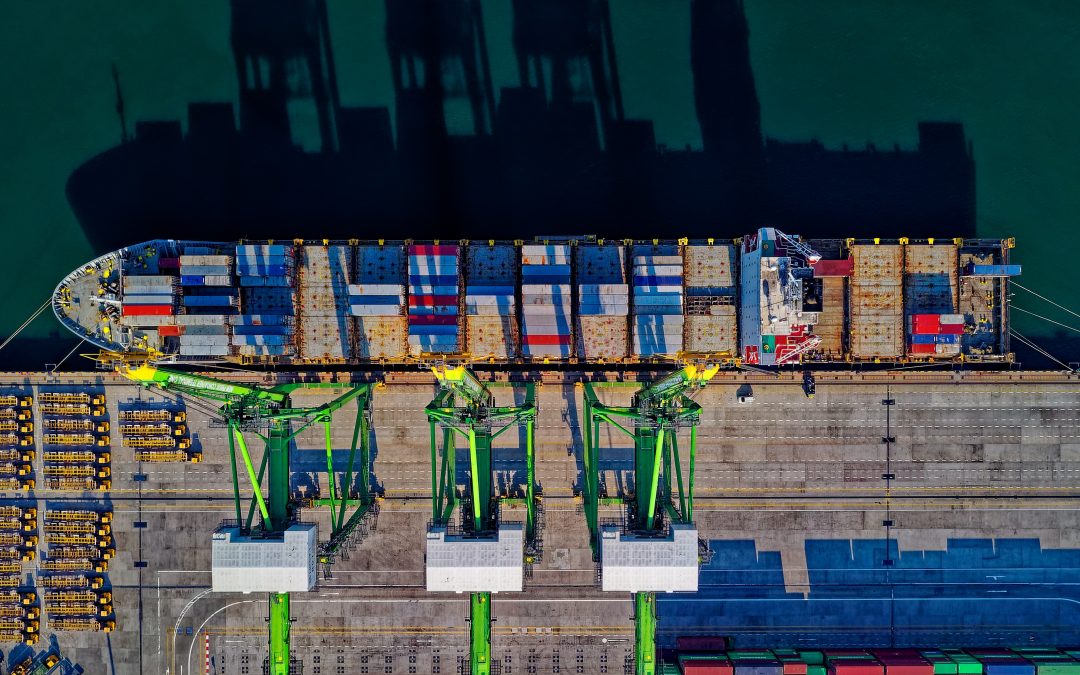
SDGs Lagging Halfway: Drop or Accelerate Them?
SDGs lagging halfway: Drop or accelerate them?
UN Secretary-General António Guterres recently stated that humanity is “moving backwards in relation to the majority of the SDGs” (Sustainable Development Goals) and encouraged parties to accelerate and scale-up. In a public blog of 23 May 2022 more than 100 scientists agree with the first part – like most people do – especially due to the COVID-19 crisis and the war between Russia in Ukraine. With regard to the second part of the sentence, the blog urges the UN to “drop the redundant and unhelpful ideology” of the 17 SDGs. Ten days earlier the initiator prof. Jem Bendell of the University of Cumbria published a more extensive (still to be reviewed) article “Replacing Sustainable Development”. This uncommon response is interesting enough to have a serious look at.
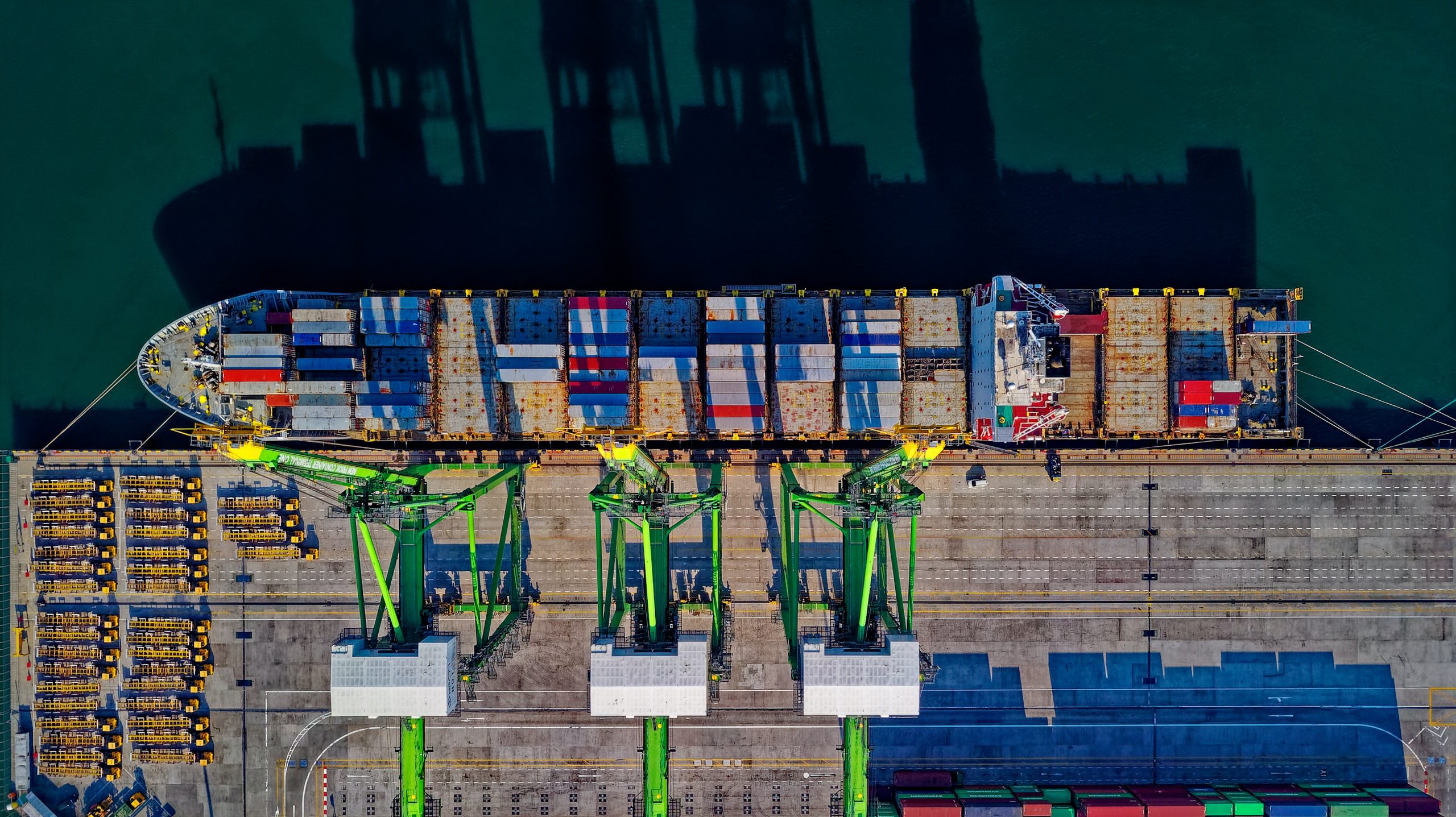
The blog of 23 May directs its call to abandon the SDGs towards the United Nations. The authority to change the SDGs however lies somewhere else: the 196 member countries. They negotiated the 17 SDGs between 2012 and 2014 and their heads of government and a lot of CEOs adopted them on 25 September 2015. UN-headquarters served as a secretariat. This is not just a ‘wrong address’ remark. It proves that the ownership of the SDGs lies much deeper and broader than with “bureaucrats and people in the organisations they fund”.
The blog claims that the SDGs were not a success right from the start and contradicts the widely claimed achievements of the Millennium Development Goals 2000-2015. The evidence has to be found in an abstract written by Jason Hickel, who advocates broadening the definitions of poverty and hunger. His plea is definitely sympathetic, but of course, it cannot retroactively be used to prove the goals are not met.
The blog continues with the statement there is a systematic problem with SDG 8: growth. Again an article by Jason Hickel is referred to. He has gathered empirical data to prove that the environmental SDGs are not feasible with 3% growth. He could be right, but why 3%? SDG-target 8.1 states: “Sustain per capita economic growth in accordance with national circumstances”. Countries do not choose an absolute growth rate, but a relative one that depends on achieving social and environmental SDGs of their country at the same time.
Another systematic problem that the blog indicates, is that the SDGs have the wrong starting point that technology, capital and management solve both poverty and environmental destruction. There are perhaps people who have such faith in mankind. People working on achieving all 17 goals are using many more tools: legal, fiscal, and communicative.
Instead of the top-down SDGs, the blog favours a bottom-up resilience and adaptation, complemented by attempts to re-localise trade, energy, and growth. These three alternatives have already been important for a long time. Nevertheless, the ambition of these measures is low: “reduce harm”. More ambitious would be “do no harm”. The ambition of the SDGs is even higher: “do better”. A bottom-up approach alone is not sufficient. Measurement and reporting of progress are required, but how to realise this without targets? Without them, we return to the era before the Rio-process. According to the 2006 “Stern Review on the Economics of Climate Change” mopping is 10 times more expensive than closing the tap.
Thanks to measuring and reporting on the goals UN-SG Guterres was able to warn the world. Instead of shooting the piano player most other scientists take the responsibility to accelerate and scale up the inspiring SDGs.

